| Idioms about books | Definitions | Examples |
| an open book | Someone that is easy to know about because they don’t keep any secrets. | “Julia’s life is like an open book. You always know what she’s up to”. |
| read someone like a book | To understand easily what someone is thinking or feeling | I can read Angela like a book. I always know what she’s thinking and what she’s about to say at meetings” |
| a closed book | Something you accept has completely ended | “As far as I am concerned, that matter with the council is a closed book“ |
| don’t judge a book by its cover. | you shouldn’t form an opinion of something or someone only from its appearance | “That professor may seem slow and awkward, but don't judge a book by its cover. He is one of the brightest minds in his field”. |
| the oldest trick in the book | A dishonest method of doing something that you know about because it has been used many times before | “It was the oldest trick in the book – one man distracted me while another stole my wallet. I can’t believe I fell for it.” |
| take a leaf out of someone’s book | To copy what someone else does because they are successful at it | “You should take a leaf out of Kate’s book. She has achieved wonders with those children”. |
| in someone’s good books | Used for saying when someone is pleased/annoyed with you. | “Tommy has been on his best behaviour today. After yesterday’s tantrums, he’s been doing his best to be in my good books all day.” |
| bring someone to book | to punish someone or to make them explain their behaviour publicly when they have done something wrong | If policemen have lied, then they must be brought to book. |
|
| Idioms about books | Examples |
| Definitions |
| 1 | an open book | “Julia’s life is like an open book. You always know what she’s up to”. | a | you shouldn’t form an opinion of something or someone only from its appearance |
| 2 | read someone like a book | I can read Angela like a book. I always know what she’s thinking and what she’s about to say at meetings”. | b | To copy what someone else does because they are successful at it
|
| 3 | a closed book | “As far as I am concerned, that matter with the council is a closed book“. | c | Used for saying when someone is pleased/annoyed with you. |
| 4 | don’t judge a book by its cover. | “That professor may seem slow and awkward, but don't judge a book by its cover. He is one of the brightest minds in his field”. | d | Someone that is easy to know about because they don’t keep any secrets. |
| 5 | the oldest trick in the book | “It was the oldest trick in the book – one man distracted me while another stole my wallet. I can’t believe I fell for it.” | e | A dishonest method of doing something that you know about because it has been used many times before |
| 6 | take a leaf out of someone’s book | “You should take a leaf out of Kate’s book. She has achieved wonders with those children”. | f | To understand easily what someone is thinking or feeling |
| 7 | in someone’s good books | “Tommy has been on his best behaviour today. After yesterday’s tantrums, he’s been doing his best to be in my good books all day.” | g | to punish someone or to make them explain their behaviour publicly when they have done something wrong
|
| 8 | bring someone to book | If policemen have lied, then they must be brought to book. | h | Something you accept has completely ended |
an open book
read someone like a book
a closed book
don’t judge a book by its cover.
the oldest trick in the book
take a leaf out of someone’s book
in someone’s good books
bring someone to book
Someone that is easy to know about because they don’t keep any secrets.
To copy what someone else does because they are successful at it
To understand easily what someone is thinking or feeling
Something you accept has completely ended
you shouldn’t form an opinion of something or someone only from its appearance
A dishonest method of doing something that you know about because it has been used many times before
Used for saying when someone is pleased/annoyed with you.
to punish someone or to make them explain their behaviour publicly when they have done something wrong
“Julia’s life is like an open book. You always know what she’s up to”.
I can read Angela like a book. I always know what she’s thinking and what she’s about to say at meetings”.
“As far as I am concerned, that matter with the council is a closed book“.
“That professor may seem slow and awkward, but don't judge a book by its cover. He is one of the brightest minds in his field”.
“It was the oldest trick in the book – one man distracted me while another stole my wallet. I can’t believe I fell for it.”
“You should take a leaf out of Kate’s book. She has achieved wonders with those children”.
“Tommy has been on his best behaviour today. After yesterday’s tantrums, he’s been doing his best to be in my good books all day.”
If policemen have lied, then they must be brought to book.

 Получите свидетельство
Получите свидетельство Вход
Вход



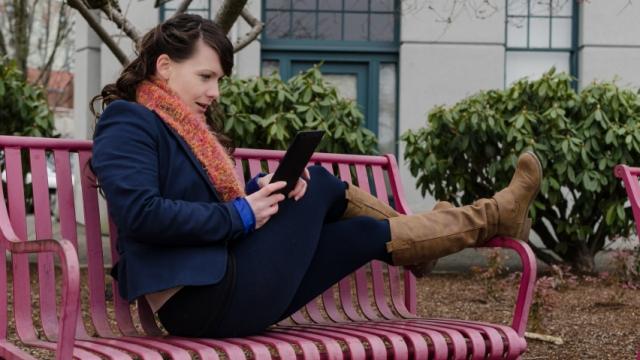
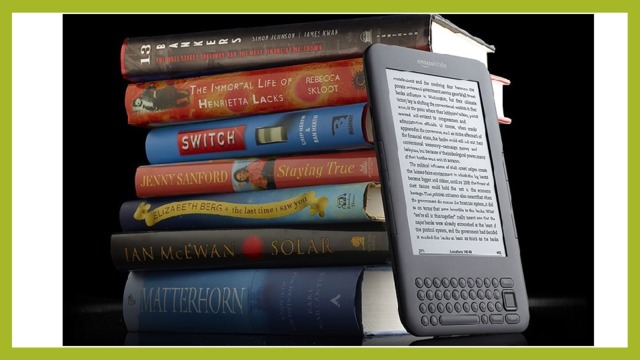
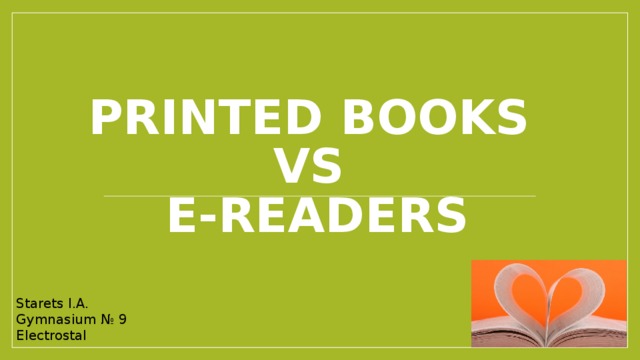
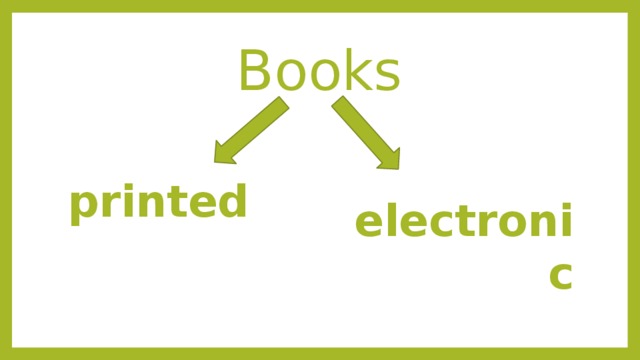
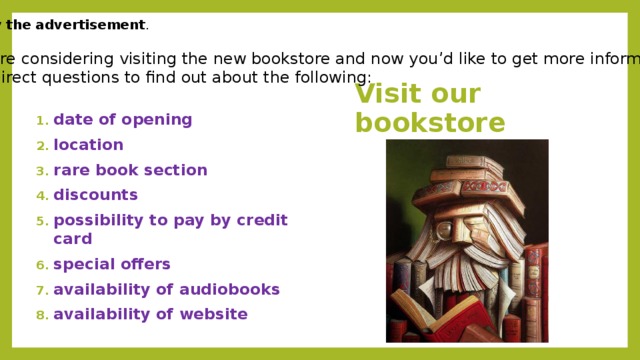
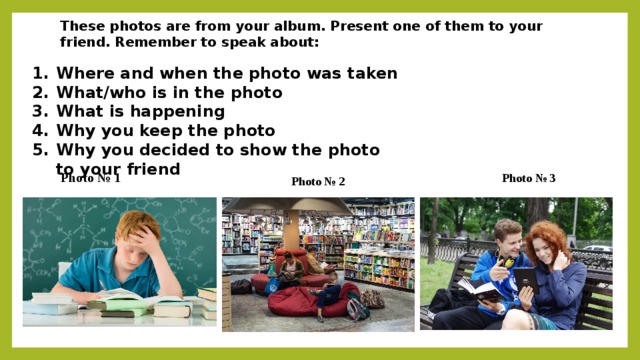
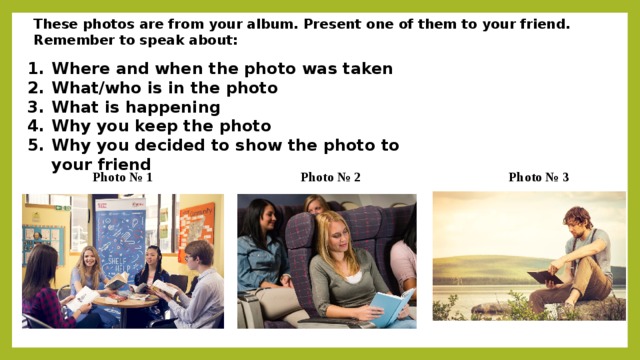
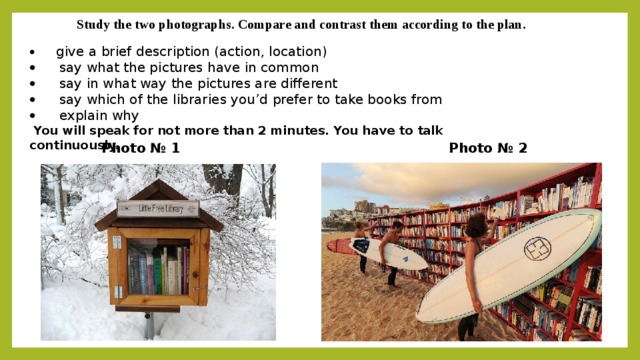
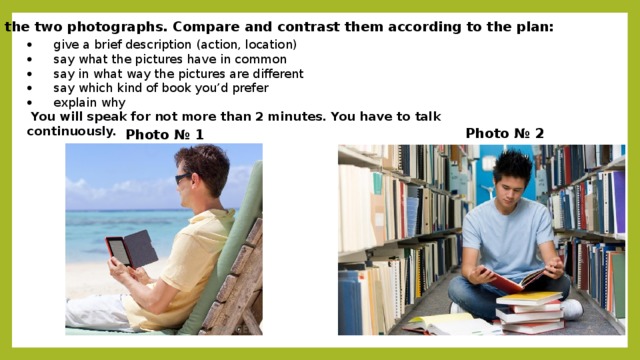
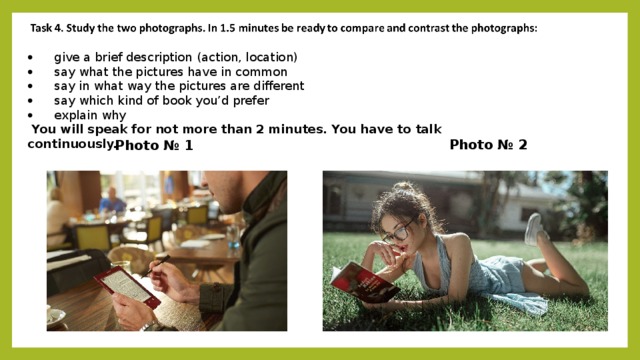
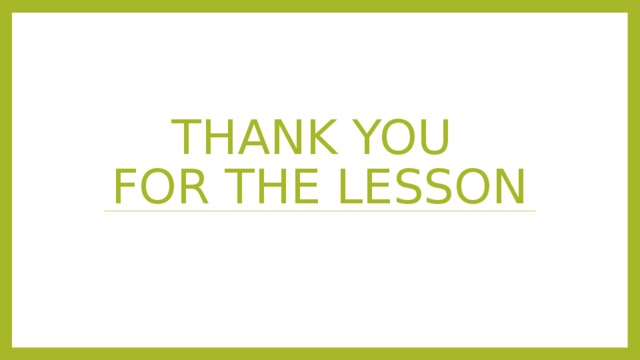
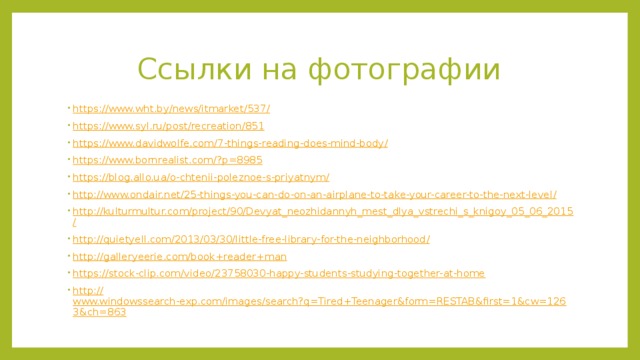
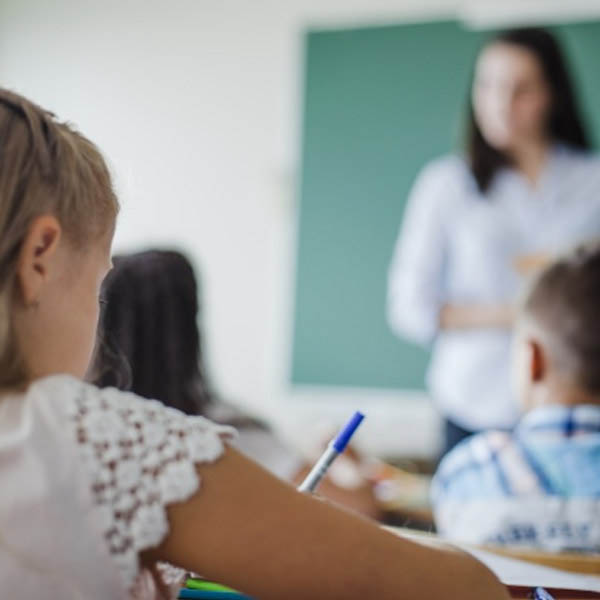








 Конспект урока "Printed books vs e-books" (8.01 MB)
Конспект урока "Printed books vs e-books" (8.01 MB)
 0
0 1191
1191 31
31 Нравится
0
Нравится
0



